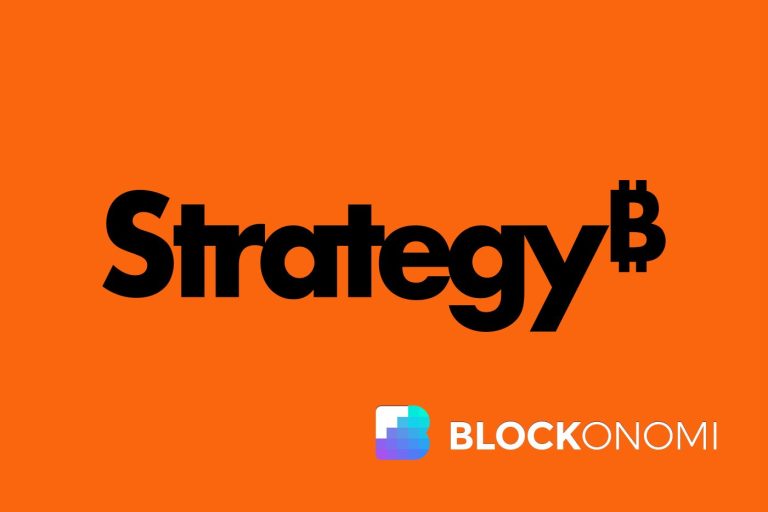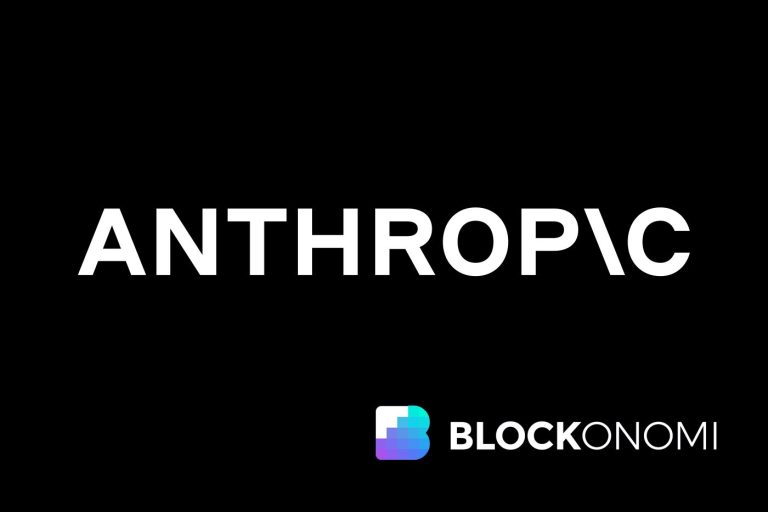
The Future of Education: What 2025 Holds
Introduction
The future of education is a topic of great interest and importance, as it will shape the lives of individuals, communities, and societies as a whole. The Focus Keyword Future of Education is an essential aspect of this topic, as it encompasses the various trends, technologies, and innovations that will revolutionize the way we learn and teach. As we approach 2025, it is essential to explore the potential developments and advancements that will transform the education sector.
Technological Advancements
Technology has been a driving force in shaping the future of education. In 2025, we can expect to see even more innovative technologies being integrated into the learning process. Some of the key technological advancements that will impact education include:
- Artificial Intelligence (AI): AI will play a significant role in personalizing learning experiences, adapting to individual needs, and enhancing student outcomes.
- Virtual and Augmented Reality (VR/AR): VR/AR will revolutionize the way we experience and interact with educational content, making it more immersive, engaging, and effective.
- Blockchain: Blockchain technology will ensure the security, transparency, and authenticity of educational records, certifications, and assessments.
- Internet of Things (IoT): IoT will enable the creation of smart classrooms, where devices, sensors, and data analytics will optimize the learning environment and improve student engagement.
Changing Learner Needs
The needs and expectations of learners are evolving, and education systems must adapt to meet these changing demands. Some of the key trends that will shape the future of education include:
- Personalized Learning: Learners will expect tailored learning experiences that cater to their individual needs, interests, and abilities.
- Lifelong Learning: With the rise of the gig economy and rapid technological advancements, learners will need to continuously update their skills and knowledge to remain relevant.
- Soft Skills: As automation and AI take over routine tasks, learners will need to develop essential soft skills, such as critical thinking, creativity, and collaboration, to succeed in an increasingly complex world.
- Global Citizenship: Education will need to foster global awareness, cultural understanding, and social responsibility, preparing learners to thrive in a diverse, interconnected world.
Innovative Teaching Methods
Effective teaching methods will be crucial in preparing learners for the challenges and opportunities of the future. Some of the innovative teaching methods that will shape the future of education include:
- Flipped Classrooms: Flipped classrooms will reverse the traditional teaching model, where learners engage with educational content at home and work on activities and discussions in the classroom.
- Project-Based Learning: Project-based learning will encourage learners to work on real-world projects, developing essential skills, such as problem-solving, critical thinking, and collaboration.
- Gamification: Gamification will make learning more engaging, fun, and interactive, using game design elements and mechanics to motivate learners and enhance learning outcomes.
- Microlearning: Microlearning will involve bite-sized, flexible learning modules that cater to the needs of learners with limited time, attention spans, or specific knowledge gaps.
Conclusion
The future of education in 2025 will be shaped by technological advancements, changing learner needs, and innovative teaching methods. As we embark on this journey, it is essential to prioritize flexibility, adaptability, and creativity, ensuring that education systems are equipped to respond to the challenges and opportunities of an rapidly evolving world.






